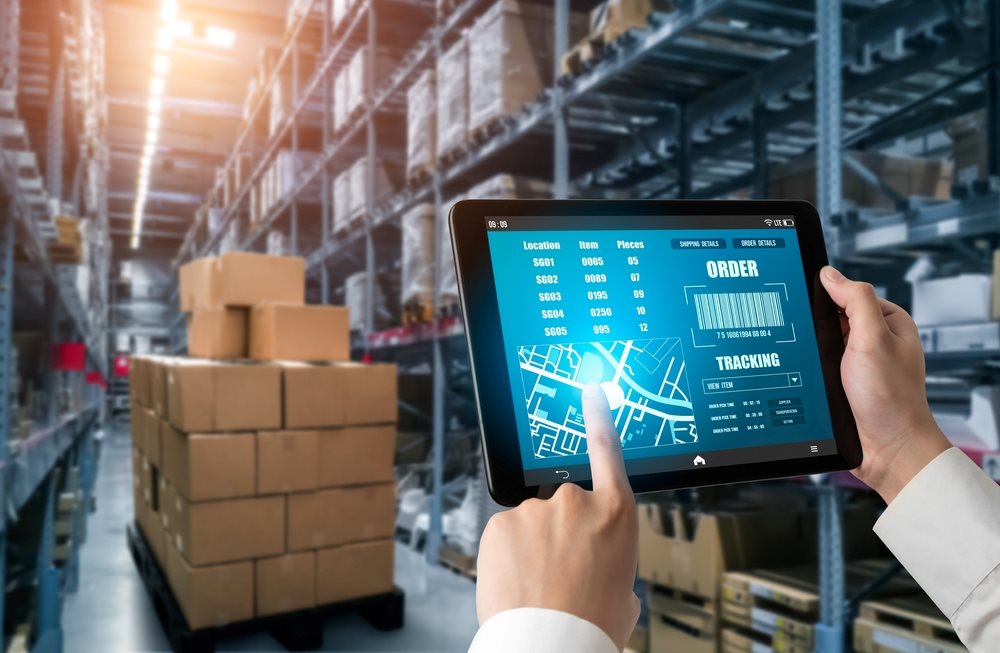The hotel industry in Canada is undergoing a significant digital transformation. With rising operational costs, changing guest expectations, and increasing competition, hoteliers are looking for innovative ways to streamline operations and boost profitability. One of the most impactful strategies has been the adoption of smart technologies. From energy-efficient systems to guest-facing apps, technology is reshaping the hospitality experience.
But as with any innovation, hoteliers face a critical question: Does the investment pay off? In other words, how do hotel cost savings technology initiatives compare when weighing upfront costs against long-term benefits?
In this article, we’ll explore the role of smart technologies in Canadian hotels, analyze their costs and advantages, and examine whether they truly deliver a positive return on investment.
The Rise of Smart Hotels in Canada
The term “smart hotel” refers to properties that integrate advanced digital systems, automation, and data-driven tools to improve guest experience and operational efficiency. From check-in kiosks to automated climate control, these solutions are designed to make hotels more responsive and resource-efficient.
Smart hotel investment is not just about keeping up with trends—it’s about redefining how hotels operate in a modern, digital-first environment. In Canada, where hotels are competing with global chains and alternative accommodations like Airbnb, leveraging technology is increasingly becoming a necessity.
The True Cost of Smart Hotel Technology
Adopting smart technologies comes with upfront costs that vary depending on the size of the property and the type of technology. Some common areas of hotel automation cost include:
-
Smart energy systems: Installing IoT-enabled thermostats, lighting, and HVAC systems.
-
Automated check-in/out: Kiosks and mobile apps for guest registration.
-
Keyless entry systems: Mobile key solutions that eliminate physical cards.
-
Property management software (PMS): Cloud-based systems for reservations, housekeeping, and reporting.
-
AI-powered customer service: Chatbots and virtual assistants to handle inquiries 24/7.
While the initial hotel automation cost can be substantial, these investments often reduce recurring expenses, particularly in energy consumption and staffing.
Hotel Cost Savings Technology: Where Hotels Benefit
Canadian hotels adopting hotel cost savings technology are seeing clear advantages. Here are some of the top benefits:
1. Energy Efficiency
Smart thermostats and lighting systems help reduce energy waste by automatically adjusting based on occupancy. For example, rooms can power down when vacant, saving thousands annually.
2. Labour Savings
Self-check-in kiosks and mobile apps reduce front desk workload, allowing hotels to operate with leaner staffing models without sacrificing guest experience.
3. Operational Efficiency
Housekeeping schedules can be automated based on guest checkouts, while maintenance alerts are triggered in real time when systems require attention.
4. Guest Satisfaction
Technology not only cuts costs but also improves the guest experience. Personalized room settings, faster check-ins, and mobile service requests enhance customer loyalty.
5. Data-Driven Decisions
Smart systems provide real-time data on occupancy, guest behavior, and energy consumption. This allows managers to optimize pricing, staffing, and services for maximum hotel technology ROI.
Balancing Costs and Benefits
While the benefits are evident, hoteliers must consider the balance between upfront spending and long-term gains. For small or independent hotels, investing in advanced systems can feel risky. However, the industry consensus suggests that hotel cost savings technology often pays for itself within 3–5 years.
The key lies in selecting the right mix of technology based on the property’s size, market, and goals. For example, a large urban hotel may prioritize energy efficiency, while a boutique property may focus on enhancing guest personalization.
Smart Hotel Investment: Case Examples
Case 1: Energy-Efficient Systems in Toronto
A mid-sized Toronto hotel invested in IoT-enabled energy controls. The upfront cost was $150,000, but annual energy savings of $40,000 resulted in full payback in less than four years.
Case 2: Automated Check-In at a Vancouver Hotel
A 200-room Vancouver hotel implemented mobile check-in and keyless entry. While the initial cost was high, the hotel reduced front desk staffing needs by 20%, saving over $100,000 annually.
These examples show how smart hotel investment can deliver measurable results when paired with a clear strategy.
Hotel Technology ROI: Measuring Success
Calculating hotel technology ROI is about more than just financial savings. Successful implementation considers:
-
Cost reductions: Energy and labour savings.
-
Revenue growth: Upselling through apps, dynamic pricing, and guest personalization.
-
Guest retention: Higher satisfaction leads to repeat bookings.
-
Brand reputation: Smart hotels appeal to eco-conscious and tech-savvy travelers.
For many Canadian hotels, the ROI extends beyond numbers—it’s about positioning themselves as industry leaders.
The Risks and Challenges
Despite the benefits, there are challenges to adopting smart technologies:
-
High upfront investment: Small hotels may struggle with initial costs.
-
Integration issues: Legacy systems may not be compatible with new technologies.
-
Training requirements: Staff must adapt to new workflows.
-
Cybersecurity risks: Hotels must safeguard sensitive guest data against breaches.
These risks underline the importance of strategic planning and choosing reliable technology providers.
The Future of Hotel Technology in Canada
The future is bright for smart hotels. As costs decrease and technology becomes more accessible, adoption will spread across Canada. Expected trends include:
-
AI-driven personalization: Apps that remember guest preferences.
-
Voice-activated rooms: Smart speakers for lighting, entertainment, and concierge requests.
-
Sustainability integration: Smart water systems and waste reduction tools.
-
Blockchain payments: Enhanced security for global travelers.
The competitive edge will belong to hotels that adopt hotel cost savings technology while delivering superior guest experiences.
Final Thoughts
Smart technologies are no longer optional—they’re essential for Canadian hotels looking to thrive in a competitive market. While hotel automation costs can be intimidating, the long-term benefits often outweigh the investment. From reduced energy use to streamlined operations, the ROI is clear.
Hotels that embrace hotel cost savings technology and make strategic smart hotel investments will enjoy lower costs, happier guests, and stronger reputations. As the industry continues to evolve, adopting these innovations today ensures success tomorrow.
FAQ’s
Q1. Are smart hotels more cost-efficient?
A: Yes, smart hotels use technologies like automated energy controls, mobile check-ins, and AI-driven operations to reduce expenses. Over time, these systems lower costs significantly while improving guest satisfaction.
Q2. Do hotels save money with smart technology?
A: Absolutely. By reducing labour expenses, optimizing energy use, and streamlining operations, Canadian hotels that adopt smart technologies achieve measurable financial savings and long-term operational efficiency.





